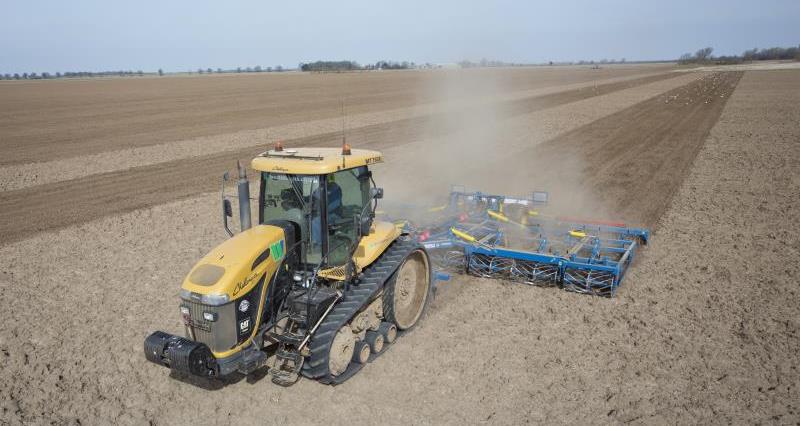Staying safe on farm is all about prevention. Farmers need to be aware of the risks in their place of work and know how they can minimise or remove them.
Safety must come first
As we move into the drilling period it’s important to keep safety at the forefront of your minds and think about some of the simple steps you can take to reduce injuries and ultimately save lives:
- Ensure all machine cabs are kitted out with emergency contact numbers, including the DNO (distribution network operator), and fire extinguishers.
- Complete daily checks before commencing use of machinery or vehicles.
- Schedule regular dealership maintenance checks to ensure any defects that are not highlighted on daily checks are addressed.
- Review overhead powerline risk assessments regularly, with all information relayed to all staff and contractors by the way of full safety briefings.
- Where power lines run across the field, try to drill crops ‘with’ the lines, so that when harvest comes crops are lifted away from, rather than underneath, them.
- Work on crop areas around telegraph polls/pylons during the day (rather than at night when visibility is worse).
Take 5 to Stay Alive
The NFU’s ‘Take 5 to Stay Alive’ campaign encourages growers to take 5 minutes before each task, allowing time to evaluate the situation and implement ways to make the process safer.
Using the idea of ‘take 5 to stay alive’ can be helpful to promote regular breaks at times of year like drilling when exhaustion levels can be high. Tiredness and fatigue are two of the major contributing factors to accidents on-farm.
Take the opportunity to upskill
Appropriate training facilitates awareness of hazards and risks, as well as understanding of the precautions that can be taken (including any emergency procedures) in order to stay safe on-farm.
There are various courses and vocational qualifications which growers can complete in order to develop or refresh their knowledge. Higher level options also cover employers’ legal responsibilities for their own health and safety as well as that of their employees, contractors, visitors, and anyone affected by their work.
Ensuring all farm staff have completed appropriate training and induction presents a valuable first step towards increased awareness of health and safety considerations on farm.
Check out the training opportunities below or visit the for more information.




